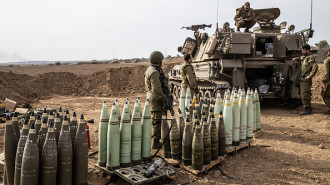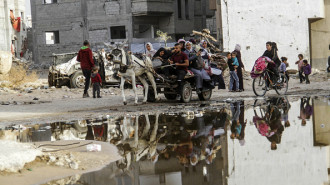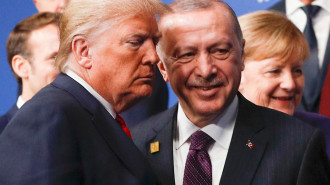Iraq's top court annuls Kurdistan parliament extension by one year
Iraq's Federal Supreme Court on Tuesday ruled against extending the term of the Kurdistan region's parliament as contrary to the country's constitution, declaring the Kurdish legislature as terminated.
Elections in Iraqi Kurdistan had been scheduled for late 2022 but disputes between its two main parties - the Kurdistan Democratic Party (KDP) and the Patriotic Union of Kurdistan (PUK) - forced the assembly to extend its mandate for another year.
"The Federal Supreme Court ruled that the law to extend the fifth term of the Kurdistan Iraq parliament - code number 12 of 2022 which has been passed in session number 12 on 9 October 2022 - is unconstitutional," the court said in its decision published by Iraq's state media.
The Iraqi Supreme Court ruled that the extension of Kurdistan‘s parliament as “unconstitutional“.
— Yerevan Saeed (@YerevanSaeed) May 30, 2023
Very interesting to see day by day weakening of the Kurdistan Region due to our self manufactured calamities.
The court also ruled that the fifth round of the Kurdistan parliament has ended along the four-year legal term outlined in the Kurdistan region's binding laws. The fifth round of the Kurdish legislature ended on 6 November 2022.
Accordingly, the court decided that all laws and decisions passed by the parliament after 6 November are "illegal".
The former speaker of the Iraqi Kurdistan region parliament Yousuf Mohammed Sadiq, the president of the New Generation Movement (NGM) opposition party Shaswar Abulwahid, NGM's lawmaker in the Iraqi parliament Sirwa Abdulwahid and NGM's MP in the Kurdish assembly Kawa Abdulqadir have all raised separate legal cases against the speaker of the Kurdistan region's parliament Rewaz Fayaq and the president of Kurdistan region Nechirvan Barzani.
The plaintiffs said that the extensions were contrary to articles five and twenty of the Iraqi constitution, the principles of democracy, peaceful handover of power and holding fair elections every four years according to Article 51 of the Kurdistan region's election Law 1 of 1992.
Hence, they asked the court to revoke Law 12 of 2022 and oblige the Kurdish authorities to hold a general election soon.
"The court's decision affirmed that the people’s will should settle the political conflicts. [The] decision by the court was a success for all our efforts since 2009 that we have asked unconstitutional extensions should be halted," Sadiq told The New Arab in a phone interview.
He also confirmed that following the court's decision, which is binding to all authorities across Iraq, the Kurdistan region now lacks legitimate institutions, meaning that the KRG and Kurdistan presidency are caretakers until new elections are held.
He further clarified that because the mandate of the Kurdistan region's electoral commission has expired, the Iraqi Independent High Electoral Commission (IHEC) can supervise general elections in the region scheduled for 18 November.
Many Kurds on social media platforms expressed their delight towards the court's decision.
TNA spoke with several people in Sulaimaniyah City about the court’s verdict. Most of the people, who wished not to be named fearing reprisal from the Kurdish authorities, applauded the court's decision.
"I am delighted that Iraq's supreme federal court has ruled against the illegal extension of the Kurdistan parliament's four-year period," Sko Kanary, a young Kurdish journalist, said to TNA. "I think this step would pave the way for IHEC to supervise the elections here, and this would reduce the chances of large-scale voter frauds by the two ruling parties."
The last parliamentary election, held in September 2018, witnessed a low turnout of 57% and was marred by alleged large-scale voter fraud by the Barzani clan's KDP and Talabani clan's PUK.

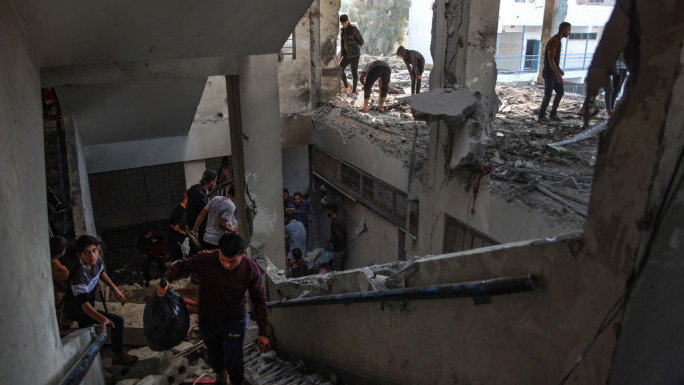
![President Pezeshkian has denounced Israel's attacks on Lebanon [Getty]](/sites/default/files/styles/image_684x385/public/2173482924.jpeg?h=a5f2f23a&itok=q3evVtko)

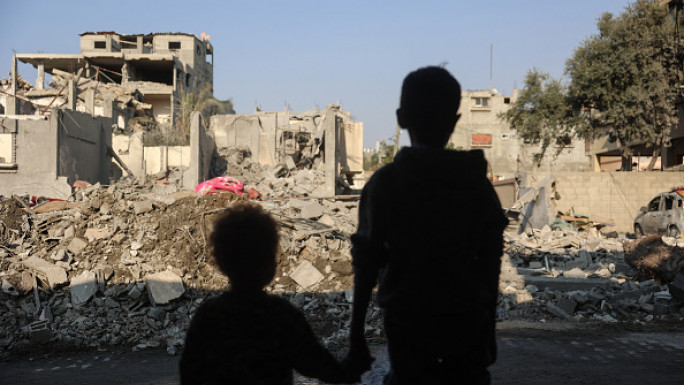
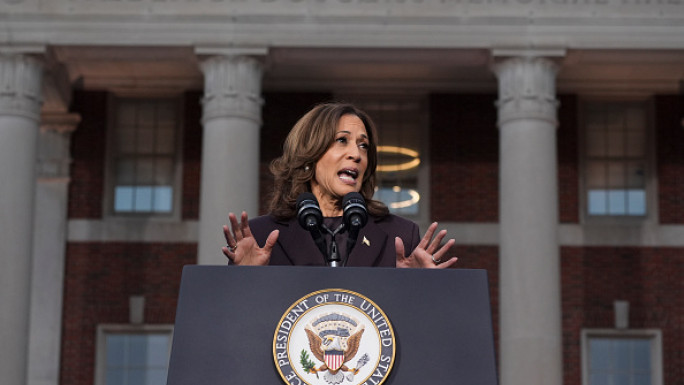
 Follow the Middle East's top stories in English at The New Arab on Google News
Follow the Middle East's top stories in English at The New Arab on Google News
